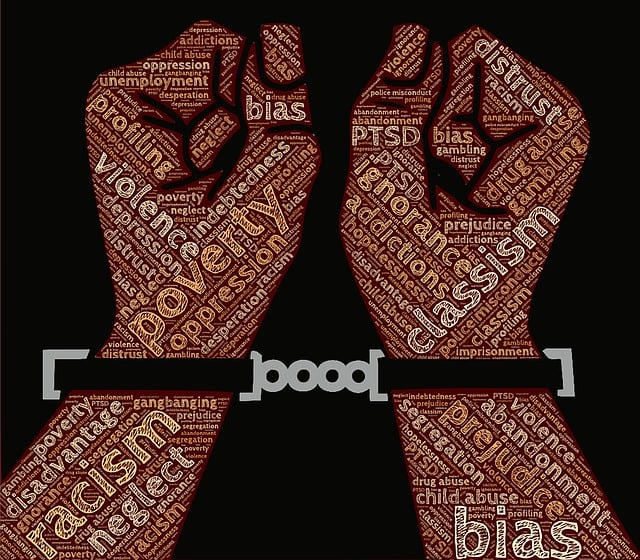Masters Ranch abuse victims face complex emotional journeys towards healing, requiring acknowledgment, support, and justice. Advocacy groups play a vital role by amplifying their voices, navigating legal landscapes, lobbying for policy changes, and providing tailored services. Effective advocacy demands strategic goals, open communication, collaboration with stakeholders, and leveraging social media to foster healing, improve services, and create safer environments for victims.
In the wake of the devastating revelations about the Masters Ranch abuse victims, there is a growing need for advocacy and support. This article delves into the crucial journey of these families, highlighting their strength and pursuit of justice. We explore the transformative power of advocacy in healing and empowering survivors. Furthermore, it provides insights into effective strategies for family advocacy groups to make a tangible impact. Understanding the Masters Ranch Abuse Victims’ experiences is essential to fostering support and ensuring justice for all affected.
- Understanding the Masters Ranch Abuse Victims' Journey
- The Role of Advocacy in Support and Justice
- Strategies for Effective Family Advocacy Groups
Understanding the Masters Ranch Abuse Victims' Journey

The journey of Masters Ranch abuse victims is a complex and often harrowing path that demands empathy and understanding. These individuals have experienced trauma, loss, and a profound sense of violation at the hands of an institution entrusted with their care. The road to healing begins with acknowledgment and support, where each victim’s unique narrative deserves to be heard and validated. Many face challenges in seeking justice, therapy, and closure due to various barriers, including fear, shame, and systemic obstacles.
The process involves navigating legal complexities, confronting emotional wounds, and rebuilding shattered lives. Advocacy plays a pivotal role in empowering these victims by providing them with the resources and platform needed to share their stories. By amplifying their voices, advocates ensure that the Masters Ranch abuse victims receive the justice, support, and recognition they rightfully deserve for the pain they have endured.
The Role of Advocacy in Support and Justice

Advocacy plays a pivotal role in supporting and seeking justice for Masters Ranch abuse victims and their families. It serves as a powerful tool to amplify voices that have been silenced, ensuring the rights and needs of these individuals are recognized and addressed. Through advocacy, communities can raise awareness about the systemic issues and historical traumas experienced by Masters Ranch victims, fostering an environment conducive to healing and reconciliation.
By organizing and mobilizing support, advocacy groups provide a sense of solidarity and empowerment to families navigating complex legal and emotional landscapes. They lobby for policy changes and improved services tailored to meet the unique challenges faced by Masters Ranch abuse survivors. Ultimately, effective advocacy efforts contribute to a more just and compassionate society, where no one is left behind in the pursuit of healing and accountability.
Strategies for Effective Family Advocacy Groups

Creating an effective advocacy group for families affected by the Masters Ranch abuse victims requires a strategic approach. Firstly, establishing clear goals and objectives is paramount. This involves understanding the specific needs of the families, such as legal support, psychological services, or community resources. By setting measurable targets, the group can channel its efforts towards achieving tangible outcomes that improve the lives of the victims and their loved ones.
Communication and collaboration are key to success. Regular meetings, utilizing online platforms for easy access, and inclusive decision-making processes foster a cohesive unit. Engaging with local authorities, social services, and support organizations ensures a coordinated response. Leveraging social media and community events to raise awareness about the issue helps garner public support. This collective action can lead to policy changes, improved services, and a safer environment for Masters Ranch abuse victims.
Advocacy plays a pivotal role in ensuring that the voices of the Masters Ranch abuse victims and their families are heard, fostering justice, and providing much-needed support. By understanding their unique journey and employing effective strategies, advocacy groups can significantly impact positive change for these families. Through collective action, resources, and persistent efforts, it is possible to bring about healing and a sense of justice for the Masters Ranch abuse victims.
